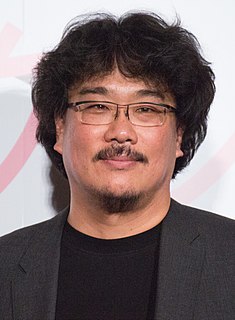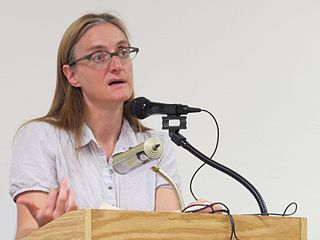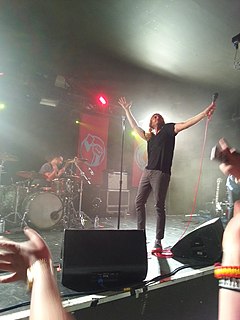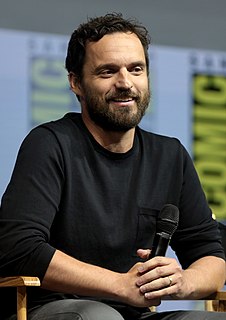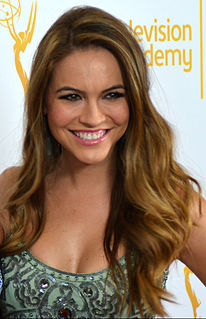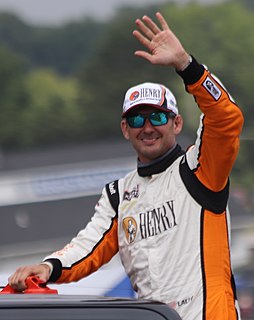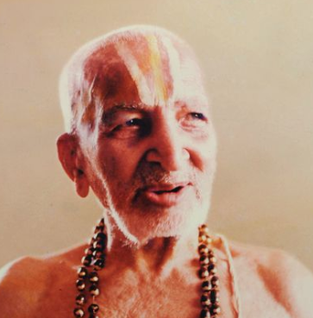A Quote by Sharon Gannon
Some meat eaters defend meat eating by pointing out that it is natural: in the wild, animals eat one another. The animals that end up on our breakfast, lunch, and dinner plates, however, aren't those who normally eat other animals. The animals we exploit for food are not the lions and tigers and bears of the world. For the most part, we eat the gentle vegan animals. However, on today's farms, we actually force them to become meat eaters by making them eat feed containing the rendered remains of other animals, which they would never eat in the wild.
Quote Topics
Actually
Animals
Another
Bears
Become
Breakfast
Containing
Defend
Dinner
Dinner Plates
Eat
Eating
End
Exploit
Farms
Feed
Food
Force
Gentle
However
Lions
Lunch
Making
Meat
Meat Eating
Most
Natural
Never
Normally
Other
Our
Out
Part
Plates
Pointing
Remains
Rendered
Some
Them
Those
Tigers
Today
Up
Vegan
Which
Wild
World
Would
Related Quotes
Most of the food crops raised in the world today are fed to livestock destined for slaughter for us to eat, and most of the water used is used to raise the food crops that are fed to those animals. It has been estimated that, because of the extraordinary amount of grain it takes to raise food animals, if we reduced the amount of meat we eat by only ten percent, that would free up enough grain to feed all the starving humans in the world. So when we choose to eat meat instead of vegetables, we are choosing to take food away from others who are hungry.
There is this really intimate connection that people have with the animals they're going to eat. A lot of people who eat meat say "I would never kill my own animals." Well, that means someone else is doing it for you, ultimately. This is the modern attitude that we have: Somebody else will do that for me. And to me, it just seemed wrong. I wanted to be part of the process of what it meant to eat meat. I wanted to be responsible.
What the meat industry figured out is that you don't need healthy animals to make a profit. Sick animals are more profitable... Factory farms calculate how close to death they can keep animals without killing them. That's the business model. How quickly they can be made to grow, how tightly they can be packed, how much or how little can they eat, how sick they can get without dying...We live in a world in which it's conventional to treat an animal like a block of wood.
If you like eating meat but want to eat ethically, this is the book for you. From the hard-headed, clear-eyed, and sympathetic perspective of butchers who care deeply about the animals whose parts they sell, the customers who buy their meats, and the pleasures of eating, this book has much to teach. It’s an instant classic, making it clear why meat is part of the food revolution. I see it as the new Bible of meat aficionados and worth reading by all food lovers, meat-eating and not.
Humans — who enslave, castrate, experiment on, and fillet other animals — have had an understandable penchant for pretending animals do not feel pain. A sharp distinction between humans and 'animals' is essential if we are to bend them to our will, make them work for us, wear them, eat them — without any disquieting tinges of guilt or regret. It is unseemly of us, who often behave so unfeelingly toward other animals, to contend that only humans can suffer. The behavior of other animals renders such pretensions specious. They are just too much like us.
I often pass a farm with cows grazing in the field and I think to myself how terrible it is that human beings grow other animals just to kill them and eat them. Most of us think of vegetarians as nuts and I'm not a vegetarian but I wouldn't be surprised if we came to a time in 50 or 100 years when civilized people everywhere refused to eat animals.
Animals raised on corn produce fattier meat, but it's not just that it's fattier, it's the kinds of fats. Corn-fed beef produces lots of saturated fats. So that the heart disease we associate with eating meat is really a problem with corn-fed meat. If you eat grass-fed beef, it has much more of the nutritional profile of the wild meat.


